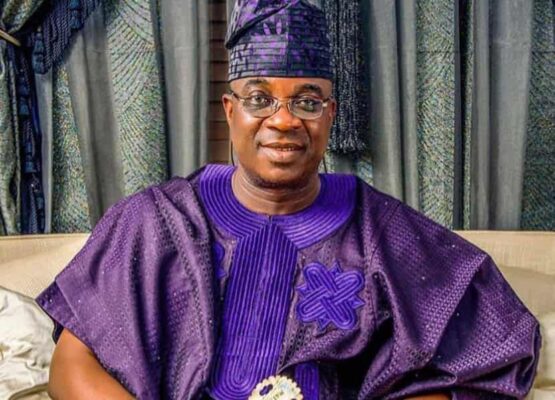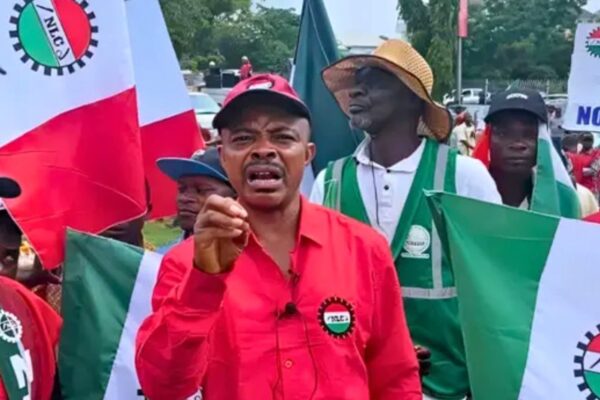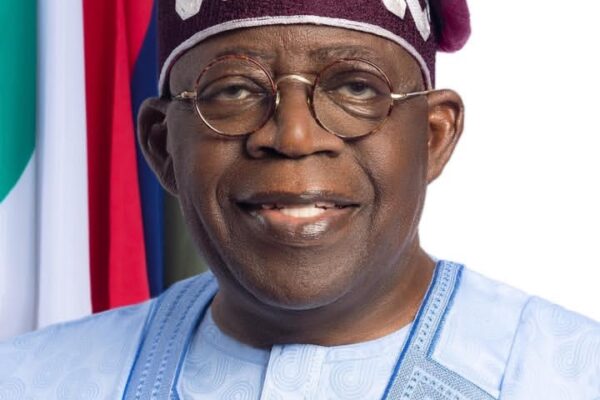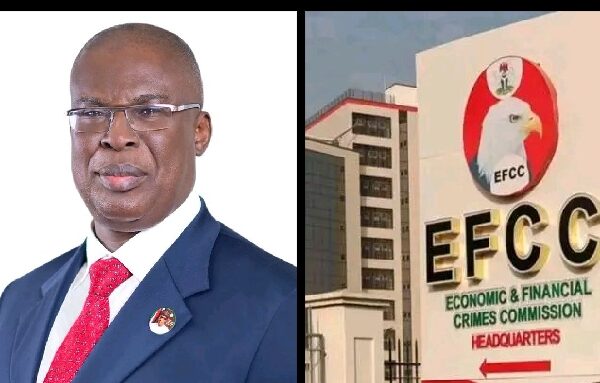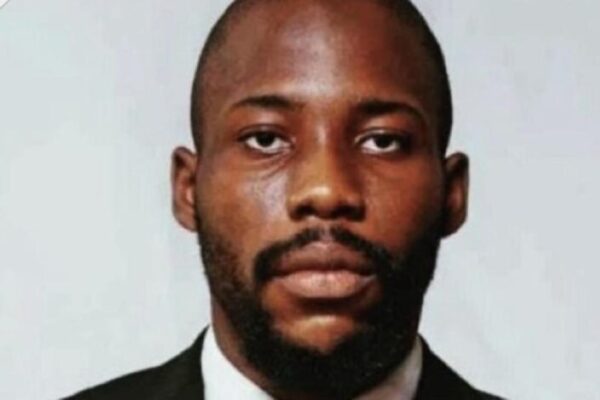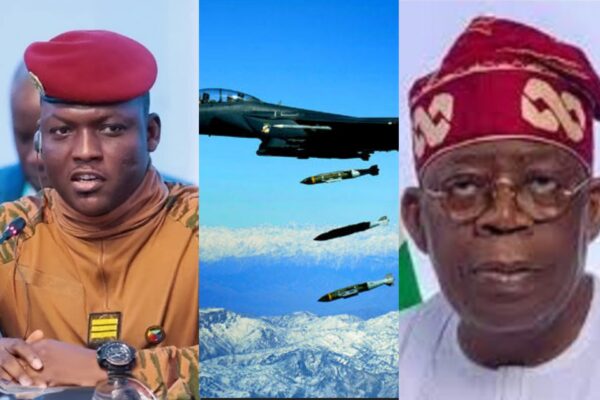
NAF Clarifies C-130 Aircraft Landed Safely In Burkina Faso Due To Technical Issue
The Nigerian Air Force (NAF) has clarified that its C-130 military aircraft, reported to have been detained in Burkina Faso over an alleged airspace violation, safely landed there due to a technical issue. Air Commodore Ehimen Ejodame, the NAF Director of Public Relations and Information, said in a statement on Tuesday that the aircraft was on a ferry mission to Portugal when the crew detected a problem shortly after taking off from Lagos. The statement, titled “Safe Precautionary Landing of NAF C-130 Aircraft in Burkina Faso,” explained that the aircraft diverted to Bobo-Dioulasso, the nearest suitable airfield, following international aviation safety protocols. All crew members and passengers are safe and have been treated courteously by Burkinabe authorities. The Air Force confirmed that plans are underway to resume the mission as scheduled. “The Nigerian Air Force remains committed to strict adherence to operational procedures and safety standards, ensuring the protection of its personnel while fulfilling its constitutional mandate,” the statement added.

